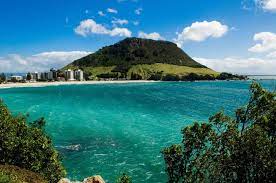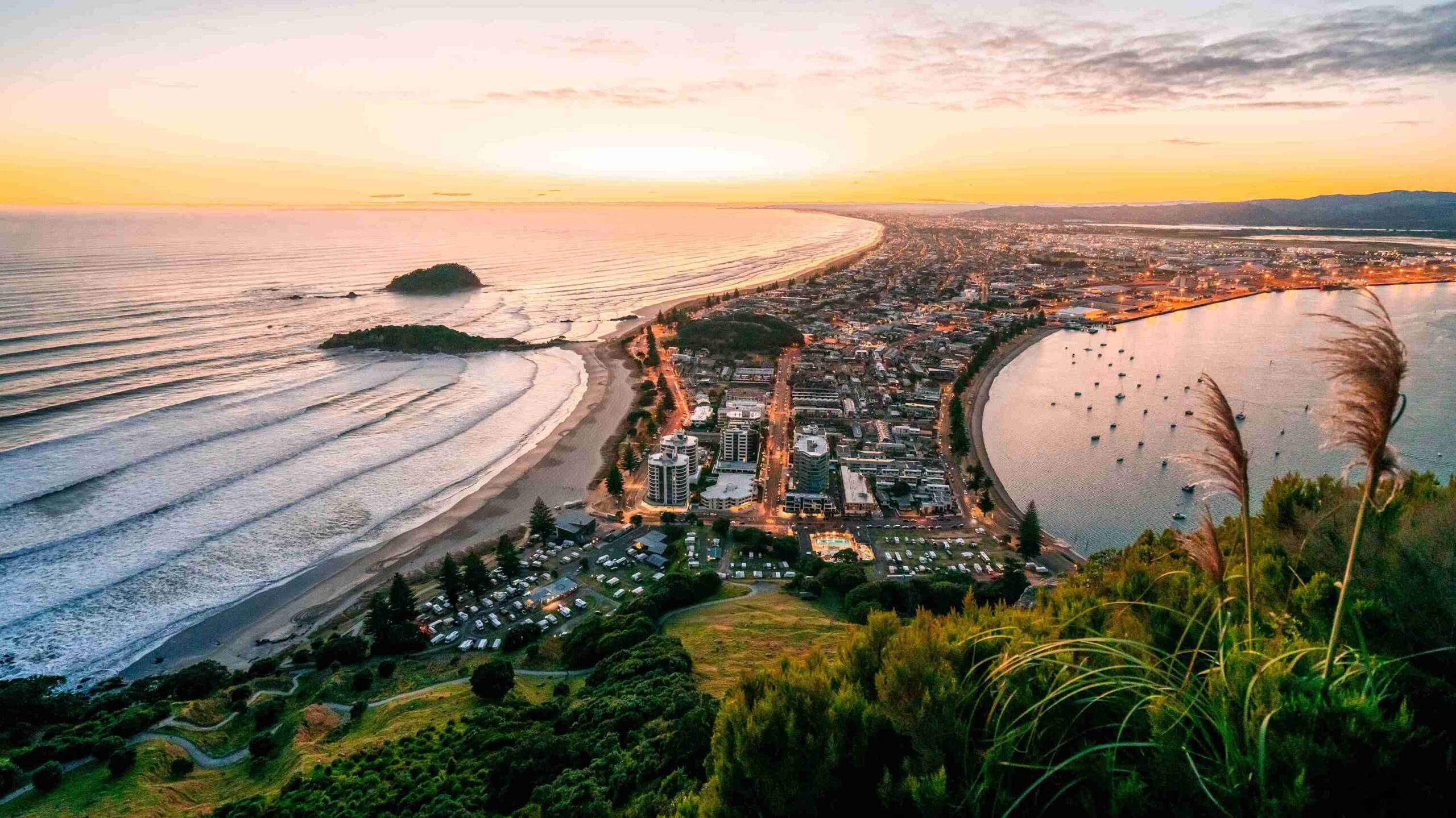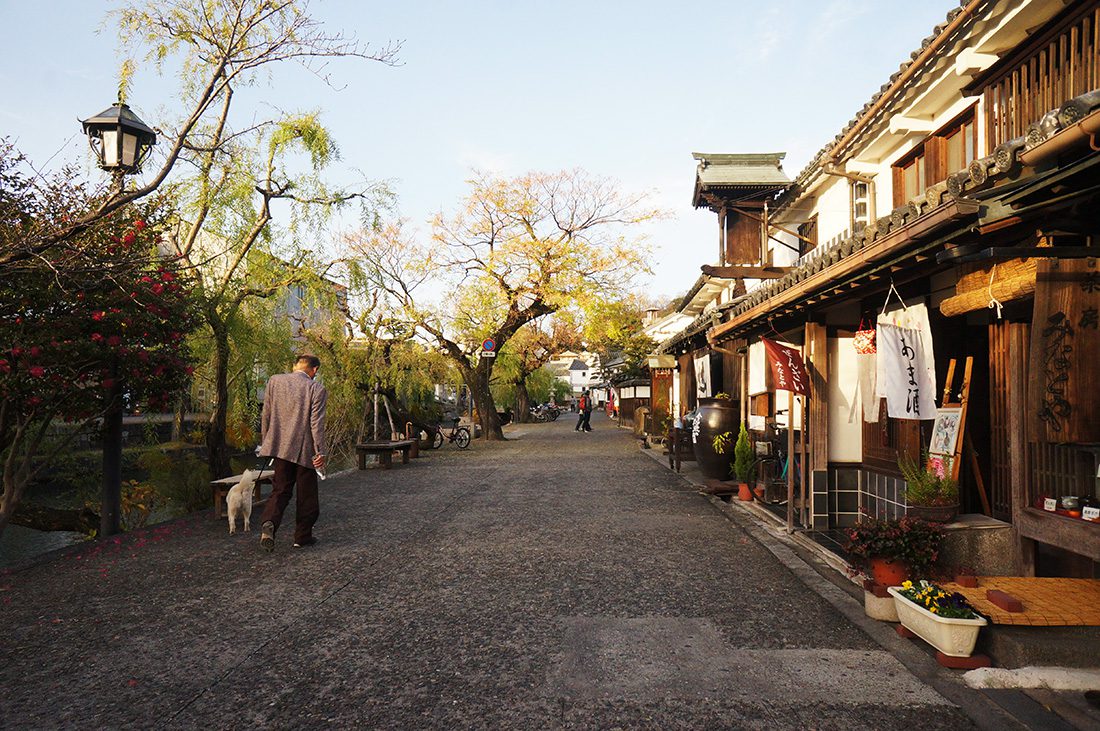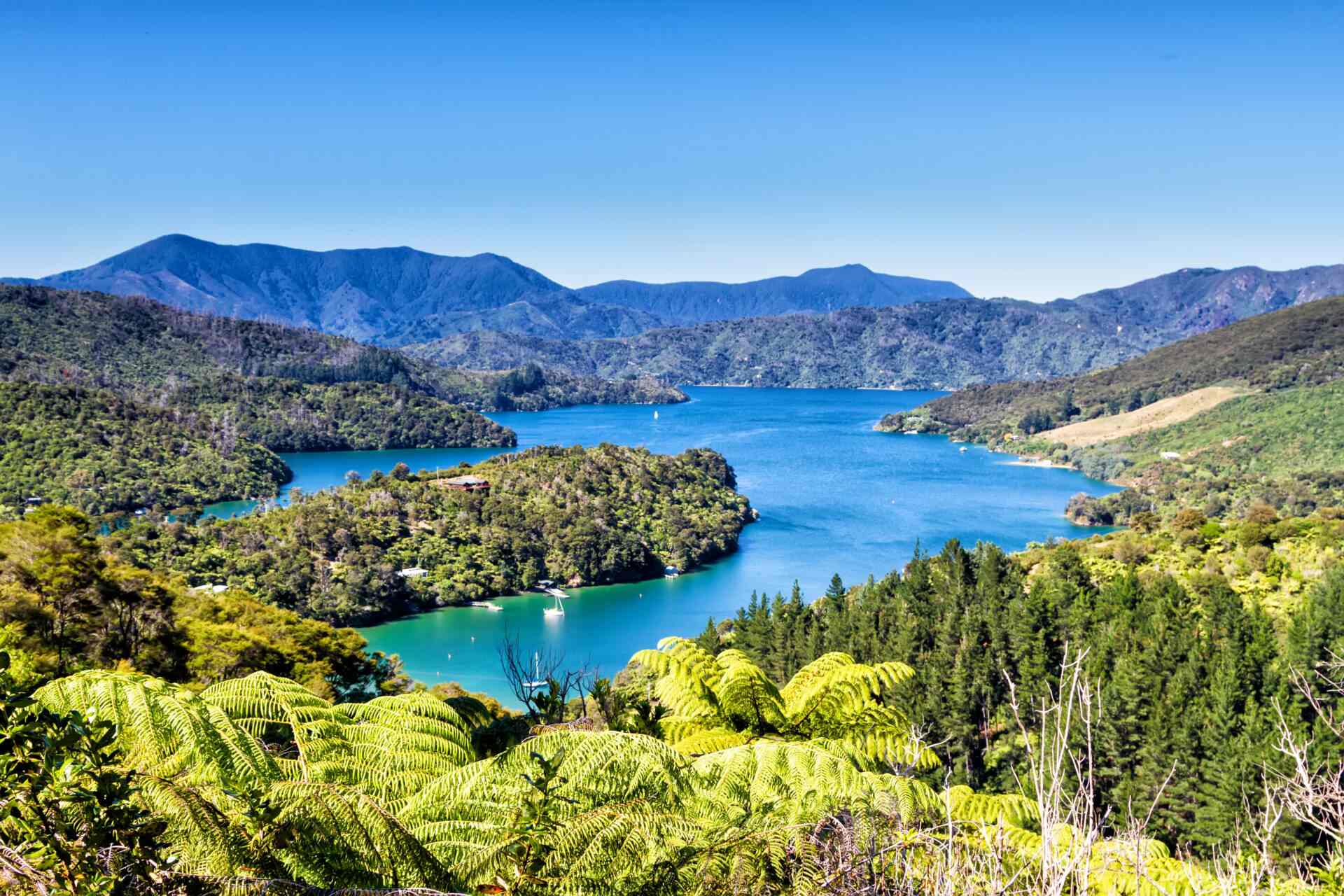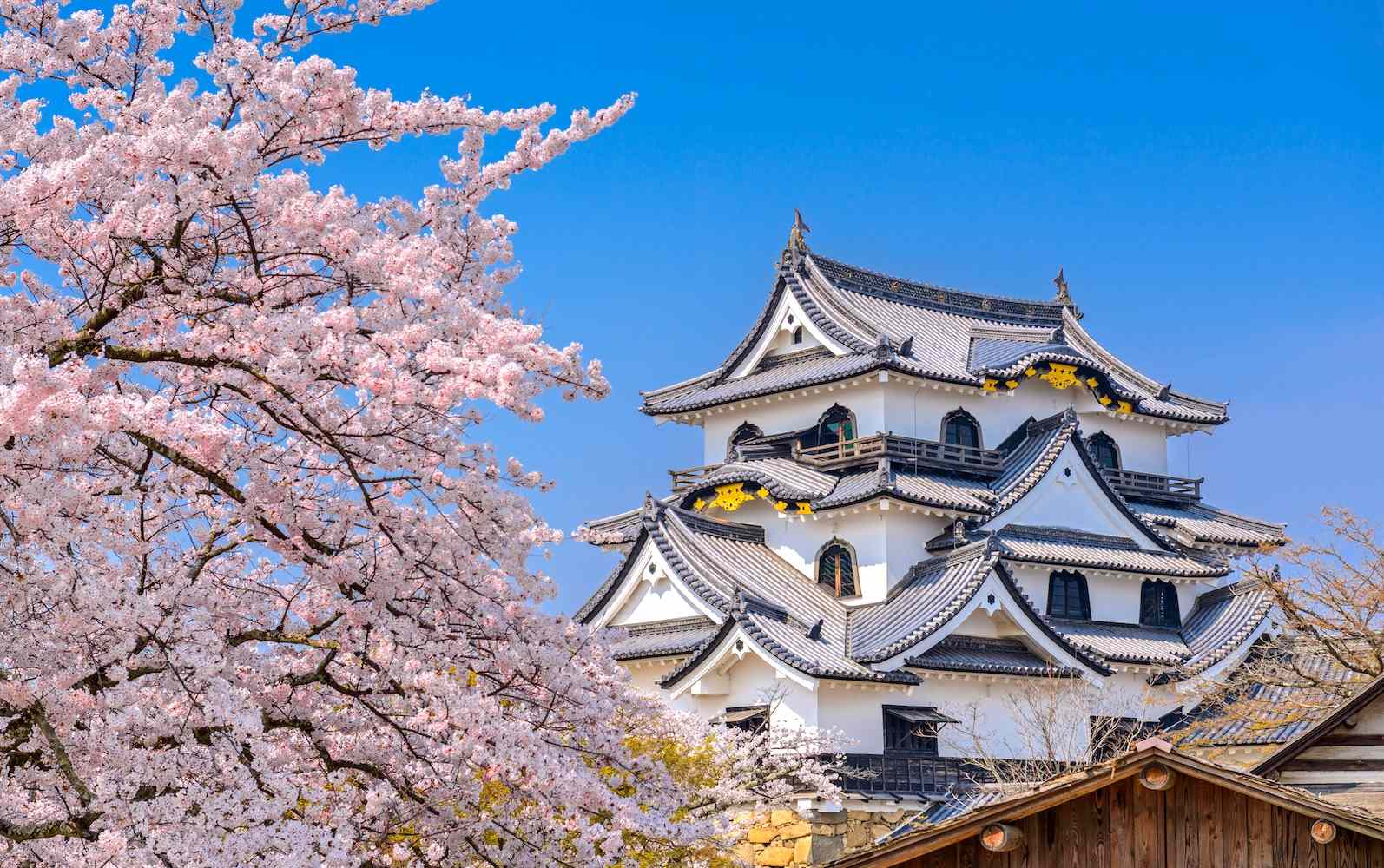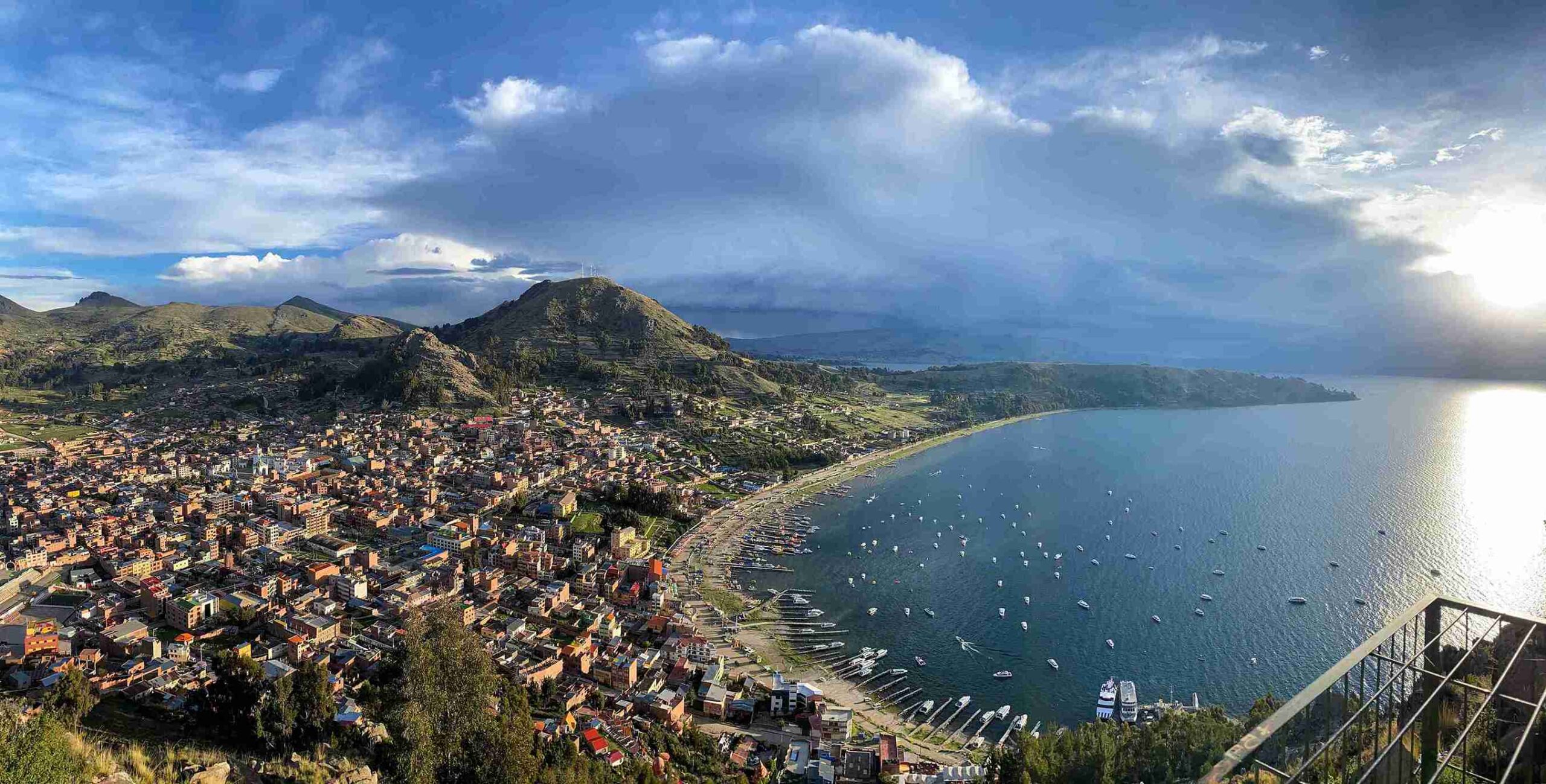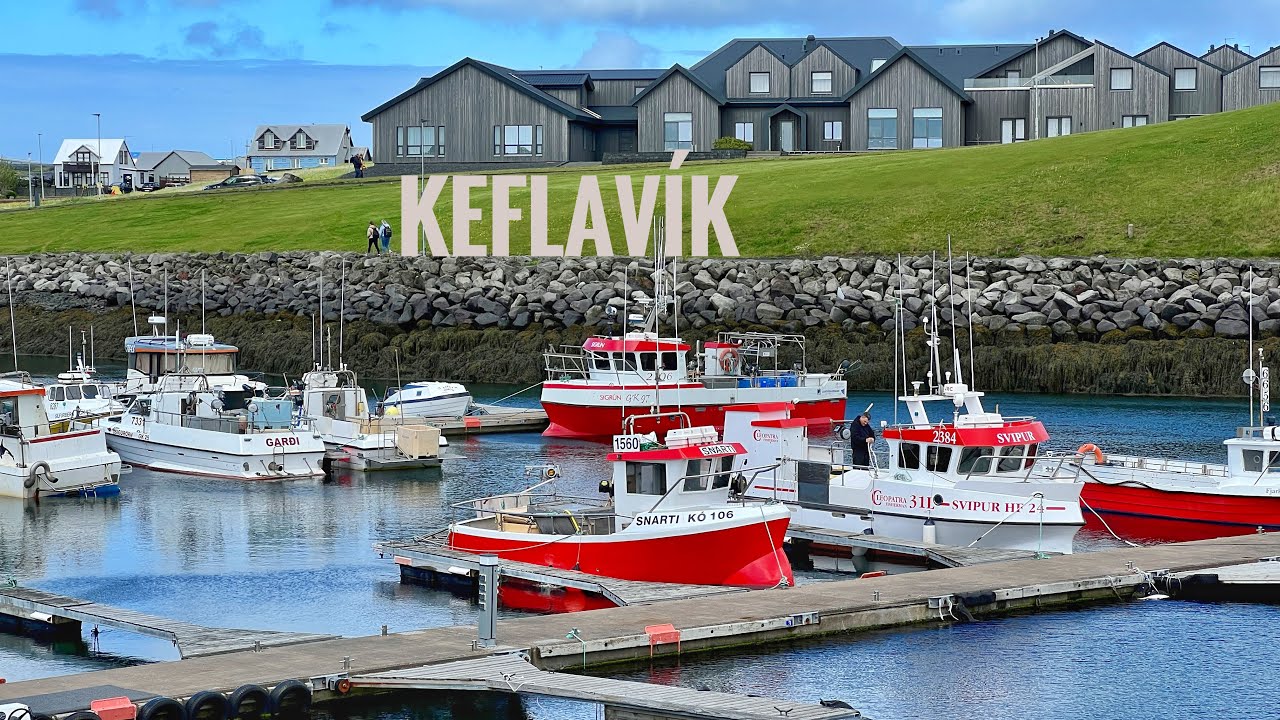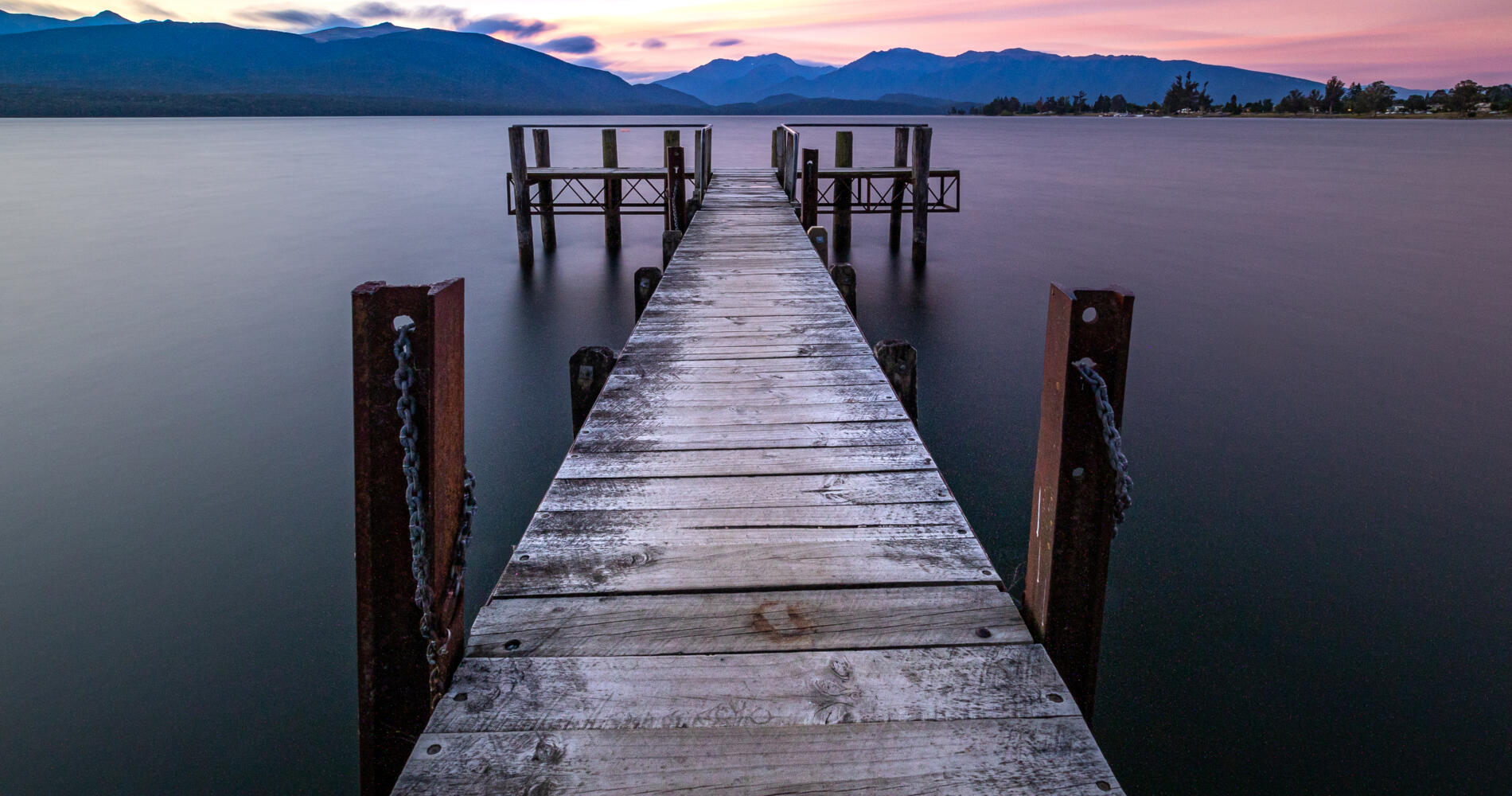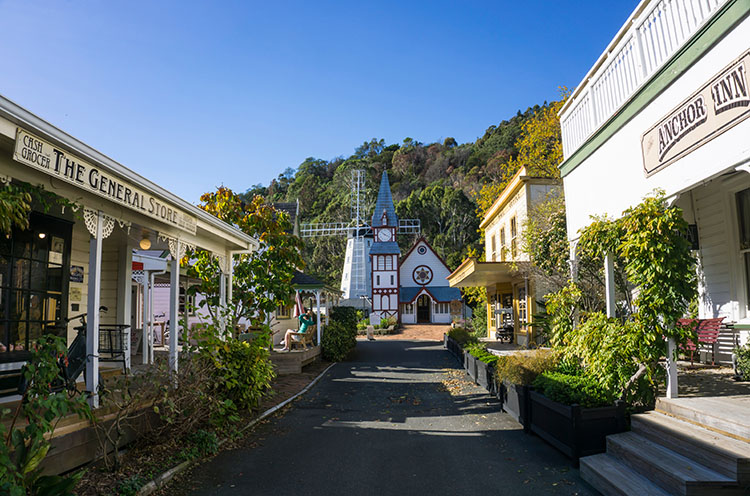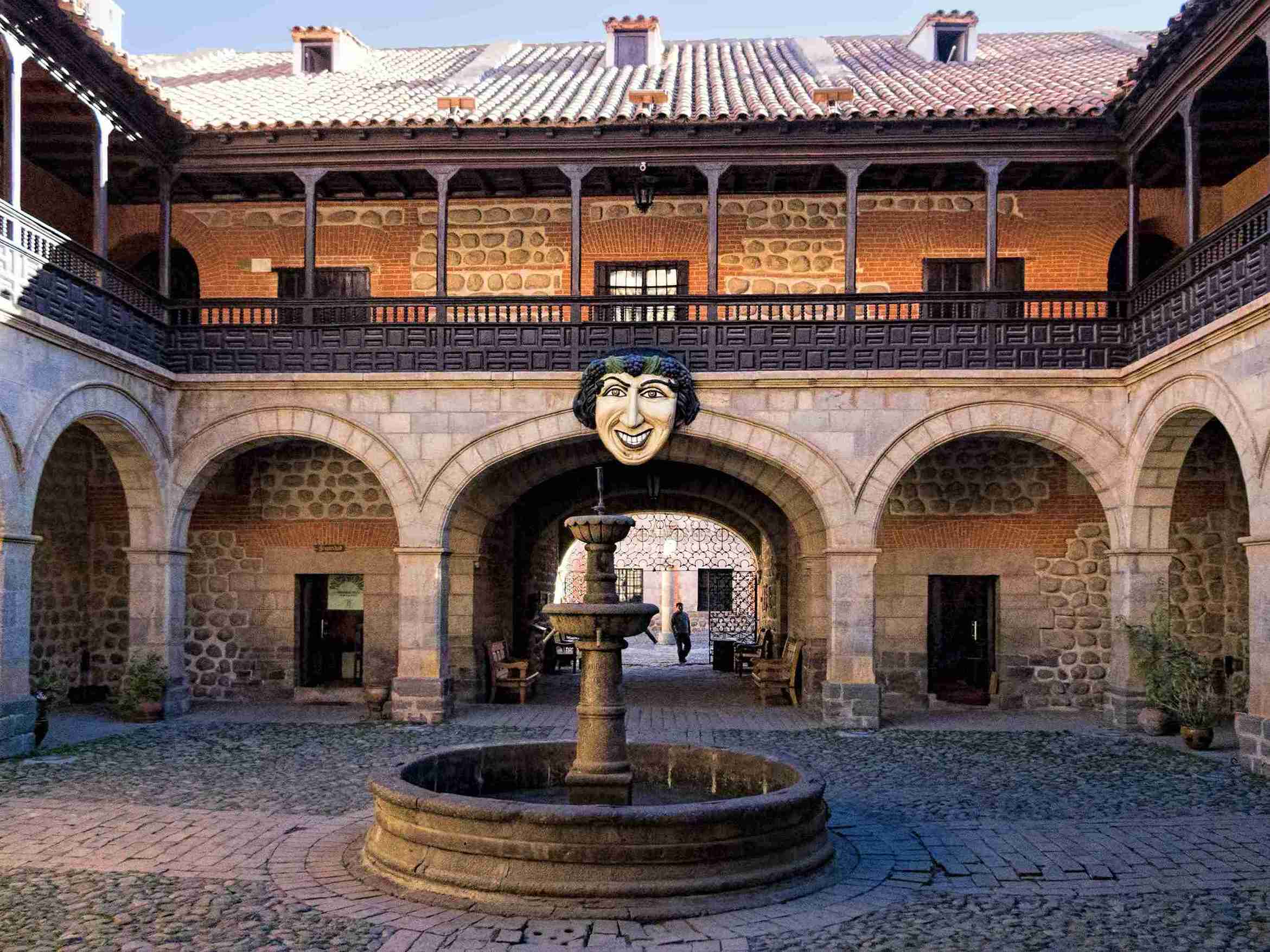Al-Ula, Saudi Arabia – Travel Tips
Category
Categories
Popular Articles
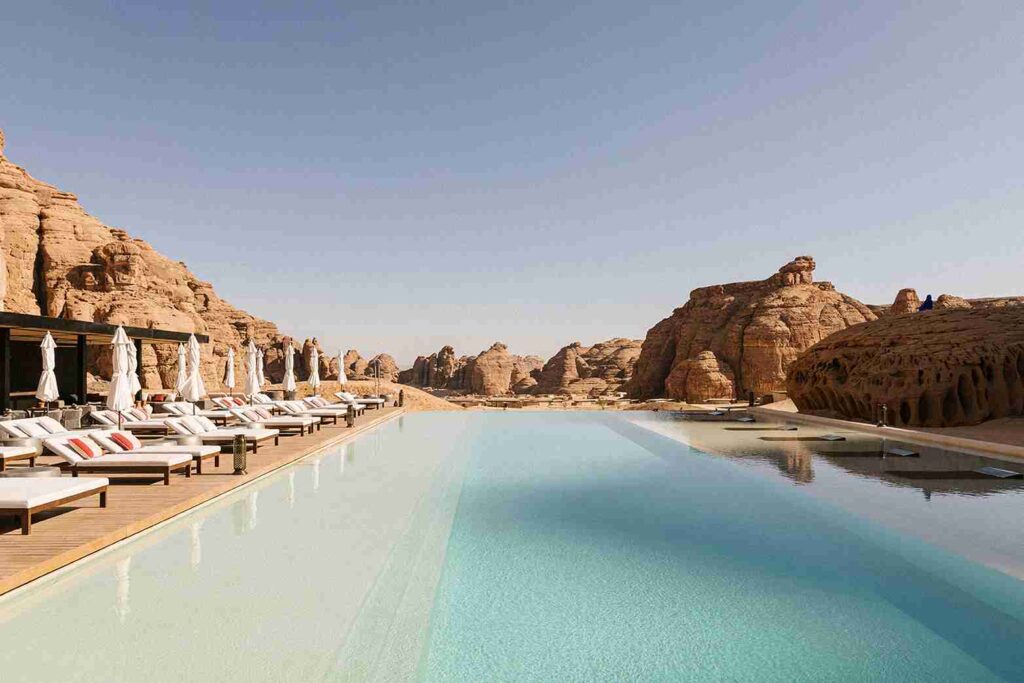
## Overview of the Destination:
Al-Ula, Saudi Arabia, is an open-air museum that offers a distinctive blend of natural beauty and human history. Unfolding over millennia, from the prehistoric to the present day, it is known for its rock formations and ancient tombs kingdom. What makes Al-Ula worth visiting is its unique and incredible attractions such as the UNESCO World Heritage site of Al-Hijr, also known as Madain Salih. This pre-Islamic archaeological site features well-preserved tombs, monuments, and old dwellings carved out of towering sandstone cliffs.
## Best Time to Visit:
The best time to visit Al-Ula is from November to April, during which the weather is pleasant, and the temperature ranges from 15°C to 30°C. It is the perfect time for outdoor activities. From December to March, the Winter at Tantora Festival is held, featuring international artists, and cultural/historic exhibitions.
## Climate & What to Pack:
Al-Ula has a desert climate, with sweltering summers and cool winters. It would be practical to pack lightweight, breathable clothing and a good sun hat for the summer, while warmer clothing for the cooler winter evenings is advisable. Don’t forget high-factor sunblock, lip balm, hydration packs, sturdy footwear for exploring ancient ruins, and a scarf or shawl to respect conservative Islamic customs.
## Getting There:
The nearest airport is Prince Abdul Majeed Bin Abdulaziz Domestic Airport in Al-Ula. Flights connect Al-Ula with Riyadh, Jeddah, and Dammam. From the airport, taxis are available to get to the city center. Tourists from most countries require a visa to enter Saudi Arabia, which can be applied online or via their embassy.
## Getting Around Locally:
Al-Ula doesn’t have any public transport, but taxis are readily available and reasonably priced. Car rental services are also available at the airport and across the city for those who prefer a self-drive option. Guided tour services are commonly used to explore the archeological sites.
## Safety Tips:
Al-Ula is generally safe for tourists. Nonetheless, it’s wise to stick to populated areas and avoid isolated places, especially at night. Dress modestly, respecting Islamic customs. Solo female travelers should be aware that while safe, there are cultural and legal restrictions in certain contexts. It’s always best to be respectful and sensitive to local customs, traditions and values.
## Top Things to Do & See:
Visit the UNESCO World Heritage site of Madain Salih, explore the ancient tombs at Al Khuraybah, wander through the ancient city of Dadan, and admire the golden dunes of the Al Nafud desert. Add to the list the mesmerizing rock formations at the Al-Ula Rock Garden, a camel ride, and a hot air balloon flight for panoramic views of the city.
## Where to Stay:
Budget hotels, mid-range hotels, and luxurious hotels are available in Al-Ula. For a luxury stay, try the Shaden Resort; Al-Ula Arac Resort offers a comfortable mid-range option, and for budget travelers, Al Smooq Furnished Units is a good choice.
## Food & Local Cuisine:
Saudi Arabian cuisine is a festival of flavors and textures. Try popular dishes like Mandi (meat and rice dish), Mutabbaq (stuffed pancake), and Kabsa (spiced dish with meat and rice). For sweet lovers, Kunafa (cheese pastry) is a must. Most restaurants cater to international tastes too.
## Cultural & Practical Tips:
The currency is Saudi Riyal. English is widely understood. Tipping is common but not mandatory. Plugs type are type A, B, C, and G with standard voltage 110 / 220 V. Wi-Fi is commonly available in hotels and accommodations. Keep in mind during Ramadan, eating, drinking, or smoking in public from sunrise to sunset is forbidden.
## Sustainable or Responsible Travel Tips:
Avoid touching the rock formations or ancient ruins, respect the local customs and dress codes, and remember that waste disposal facilities may be limited, so aim to minimize waste and carry it out with you.
My personal travel tip would be to respect the unique cultural, historical, and natural significance of Al-Ula in your conduct, and ensure your visit leaves no negative impact on its preservation for future generations to appreciate and learn from.

